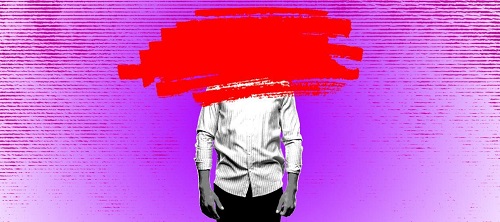In 2017, the New York Times published a story detailing the history of sexual harassment by Harvey Weinstein. The Weinstein scandal started a domino effect with thousands of women on Twitter detailing their assaults and, in some cases, even naming their accusers, all punctuated by the hashtag #metoo. For the first time, powerful people began to face the consequences of their actions. Out of this was the birth of mainstream “cancel culture”. Although it has existed prior to this event, the birth of the #metoo movement kickstarted a new era. The goal of “cancel culture” was to give a voice to the vulnerable, and for the powerful to feel the consequences of their verbal or physical attacks. Misogynistic actions, racist words, or homophobic slurs are increasingly becoming more unacceptable in society, and it’s evident that insincere apologies and excuses no longer make up for it.
For the first time, powerful people began to face the consequences of their actions.
While there is a focus on the “punishment” that the Twitter mob doles out, but more often than not careers aren’t drastically changed. For example, in December 2018, right before he was supposed to host the 2019 Oscars, Kevin Hart came under fire for past homophobic comments. After two days of silence, he posted a video on Instagram in which most believe he fell short in his apology. He may have stepped down from hosting the Oscars, but Hart’s career since then remains unharmed, having recently released a documentary on Netflix. Shane Gillis, fired from SNL in September for using racial slurs about the Asian community, is still a successful standup comedian. Logan Paul, a popular Youtube vlogger, was “canceled” over his disrespectful video including footage of a suicide victim in a forest; however, he still produces content and has a substantial audience. The Youtuber with the most subscribers on the platform, Pewdiepie, has been rebuked multiple times for anti-Semitic jokes and for using a racial slur on a live stream, yet he is still the most successful independent creator on this platform. The fear over careers being ruined is a fallacy since most people come out of these controversies embarrassed but relatively unscathed in the long run. Any followers lost are quickly made up due to the influx of press that high-profile “cancellations” generate. Likewise, if the apology is perceived as sincere, all is forgotten.
Misogynistic actions, racist words, or homophobic slurs are increasingly becoming more unacceptable in society, and it’s evident that insincere apologies and excuses no longer make up for it.
The backlash that cancel-culture receives is ill-informed. Even though its popularity comes from an intent to make a difference, it largely hasn’t and most often doesn’t affect careers either. If an influencer uses a slur, calls a woman something derogatory, or posts something disrespectful, they deserve to be called out for it in order to become educated on their mistake. As a result of its effects, cancel culture is a pointless endeavor since it largely hasn’t hurt the people in power who could benefit from learning from their mistakes.

